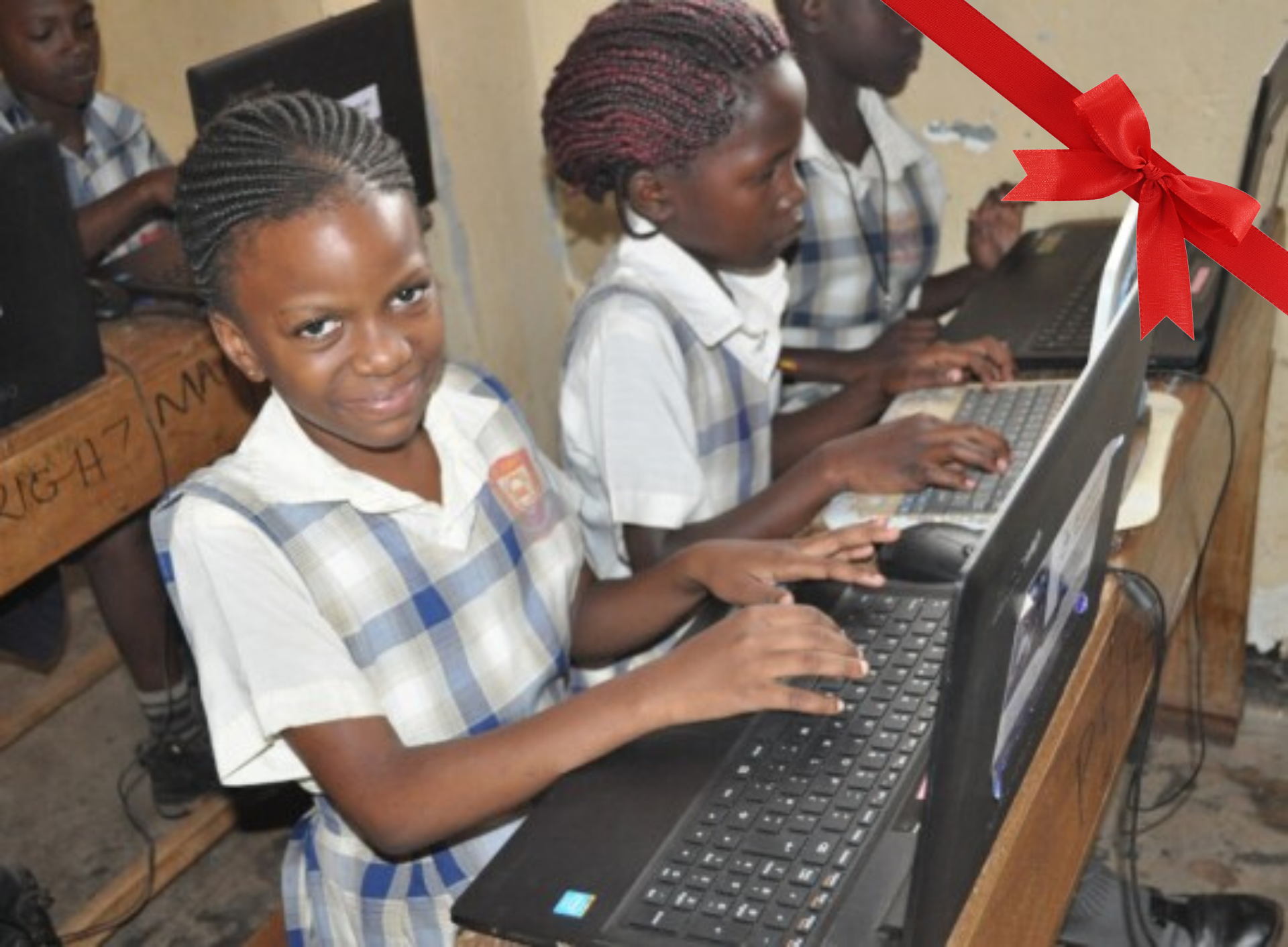
By Sheron Mirriam Tazvivinga,
In a time of government induced lockdowns as a means to minimize the spread of Covid-19,digital technology has necessitated the continuation of work, education and other essential communication.
This has increased the online migration of essential services.
However, for people living in rural areas, who are not able to access the internet due to poor digital infrastructure, life offline seems to be a challenge.
Barely 27km from Kwekwe Central Business District (CBD)is one of the marginalized villages in Silobela known as Mzila village.
The dirty, dusty road leading to the village from the CBD is an indicator that Mzila is a place that is away from civilization.
The people wallow in abject poverty.
The place feels more remote when you try to log onto the internet. It takes more than 10 minutes for the page to load and when it does the speed is very slow making it hard for one to stay online for long.
Their fiber cable network malfunctioned two years ago and is yet to be fixed.
Under such an environment, students in Mzila are not able access online lessons.
Mzila’s Headman Mr Pombi, who is also a former headmaster at Mzila primary school, said that accessing online lessons during lockdown proved to be a challenge for most children in his area.
” The fibre network cable that we once had is no longer functional. We tried to appeal to government and well-wishers but to no avail. As a result our children could not access online education during the lockdown period,” said Mr Pombi.
Villagers also bemoaned how the information gap further widened the vulnerability of the rural community.
Mr John Mpofu who is a village health worker said that accessing health information online was impossible as most of the villagers could not access the internet.
“Most of the villagers did not receive adequate information especially on how to curb the spread of Covid-19 due to poor network connections. This widened the information gap,” he said.
Additionally, Mrs Pombi said that they could not access information related to breast cancer as awareness campaigns were held online.
” Organisations could not hold campaigns in rural areas as they were complying with safety guidelines. They were raising awareness online which turned out to be a blow for us,” she said.
Another villager, only identified as Mrs Choto, echoed the same sentiments but added that some women were not digital literate while some did not have access to technology.
” We do not have smartphones to go online and access health information. Some of the women in this area are not literate hence it is a challenge to use technology even if we are given a chance to,” she said.
The ability to access online education and health services also depends on their level of access to technology.
Though digitalisation has accelerated in 2020 with much of the global economy moving online, this has unfortunately not been accompanied by an increase in the number of people who can access the internet.
Zimbabwe like the rest of the developing countries in the Sub- Saharan region has poor digital infrastructure which has led to poor internet penetration.
According to the Internet World Stats, at the end 2019 Africa had an internet penetration rate of 39.3%.
This was the lowest figure among all continents.
The Econet Wireless 2020 report also showed that Zimbabwe’s internet penetration is still at a low 52%.
“Zimbabwe’s internet penetration rate remains low as approximately 22% of the devices on the network are able to access data services,” said the board chairmain James Myers in the report.
As a result of limited access to ICT services Zimbabwe was ranked at 136 out of 176 in a 2017 International Telecoms Union ICT development index report.
This shows why the digital economy in the country is still lagging behind.
Since 1980 no meaningful development has visited Mzila village, said Mr Pombi.
Efforts to engage government and responsible organisations has been fruitless.
As a result of ignorance by government, he said that he saw no reason to vote as people in his area were totally forgotten.
“During election time politicians have always promised to develop our community but after winning elections they are nowhere to be found,” he said.
Silobela Member of Parliament( MP) Manoki Mpofu, said the Ministry of ICT was turning a blind eye on the plight of the Silobela community.
” I have tried to engage with the Ministry of ICT to improve the digital infrastructure in my community but it has been to no avail,” he said.
He also added that lack of access to online education was the reason why Silobela had a poor grade 7 2020 pass rate.
“Poor results were greatly due to lack of access to online learning lessons and lack of online materials. As a result children did not have enough contact with their teachers during the lockdown. This affected their performance,” he said.
Efforts to get a comment from ICT Minister Jenfan Muswere on strategies put in place by the ministry to ensure that rural communities have access to online services during the lockdown were fruitless as he refused to comment on the issue.
However, during a 2021 National Budget presentation in November 2020 Finance Minister Mthuli Ncube said government has allocated $89 million to the ICT sector with infrustrure improvement as a top priority.
A total of ZWL$89 million will be invested in the sector during 2021, mainly targeting rollout of optic fibre network, digital television services and access to online public services by citizens, said Ncube
He also added that, In order to improve access to ICT services, government will facilitate deployment of broadband infrastructure country wide.
Despite the promises by government to improve telecoms infrastructure in the country , the story of Mzila village is that of a people and largely ignored by their own government.